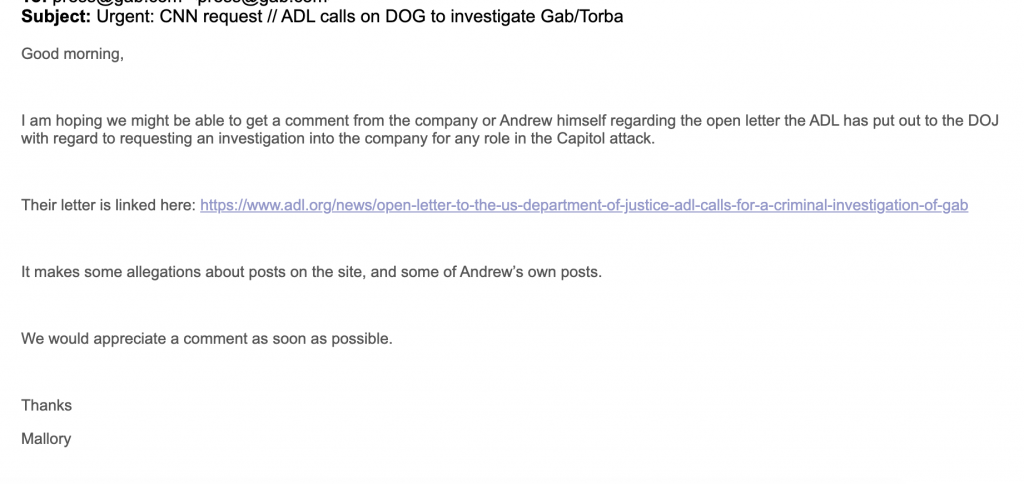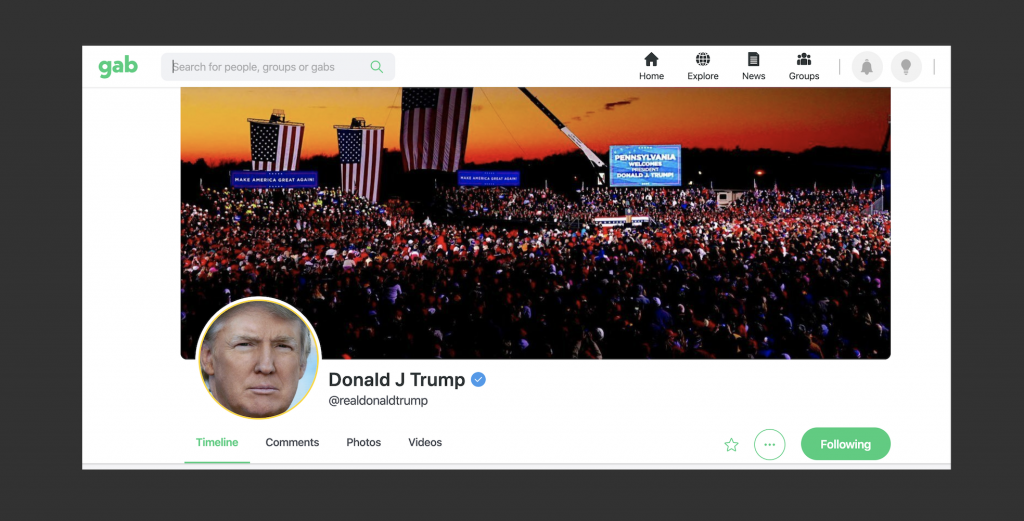The People are learning what the real problem in our society is: the globalist oligarchs. Not any one politician. Not this political party or that one. The entire system is corrupt. Banks, tech companies, media companies, schools, government, and on and on.
We must exit this broken and failing system and start building a new one immediately. We are not revolutionaries. We are not violent. We are reformers. We are builders. When we up and leave the existing system in favor of our own the existing system will crumble without us lifting a finger.
The problem with the American Populist movement, on both the left and the right, is that it is centralized.
Centralized movements give the enemy a central attack vector to target and overcome. One man, who took on the weight of the world, became the sole focus of both the enemy and of the American Populist movement itself for over five years.












